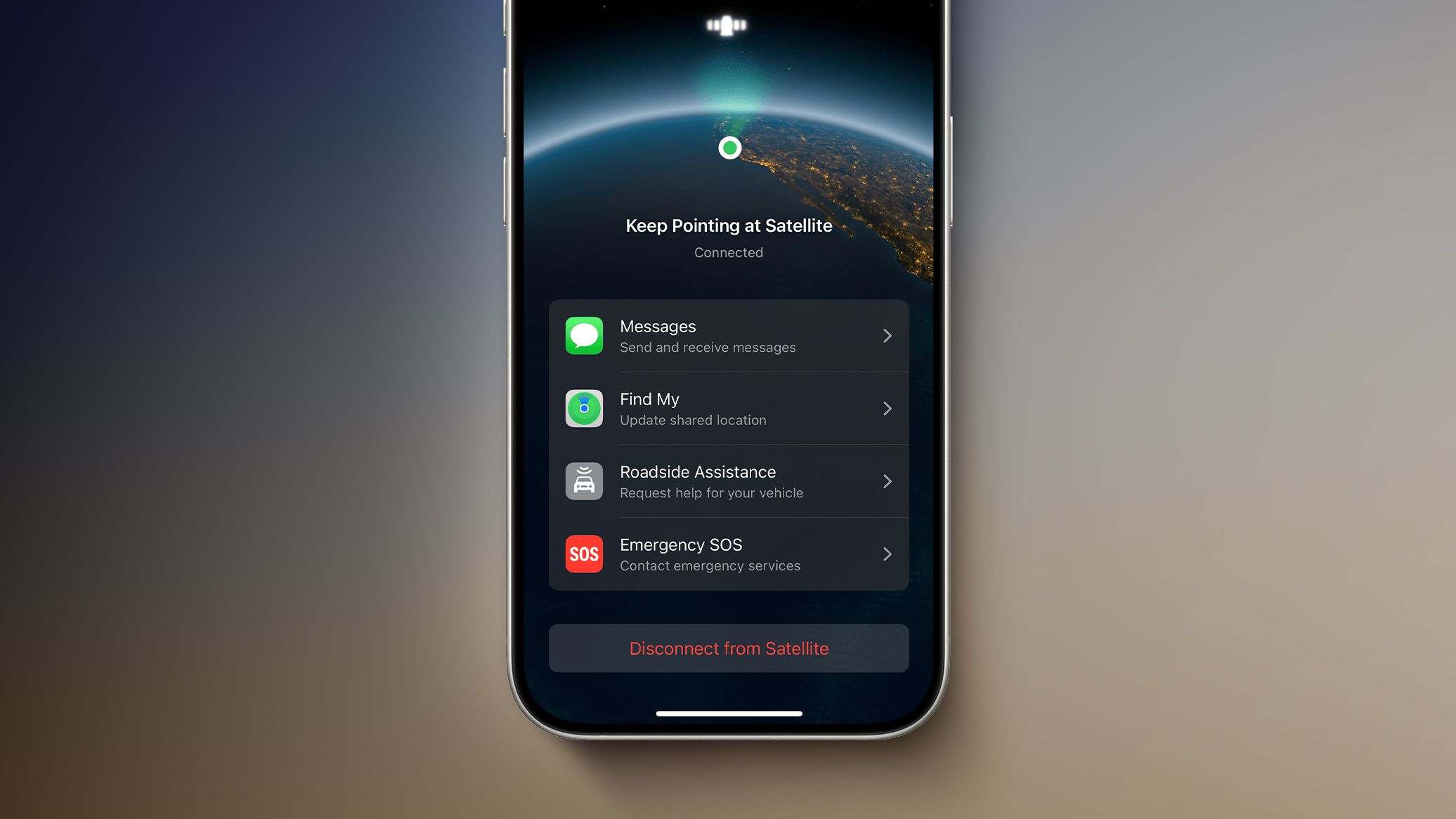
Despite new federal limits on who can get a Covid-19 vaccine and the arrival of the cold and flu season, many Vermonters can still get a booster, though details surrounding Medicare reimbursement and federal recommendations remain uncertain.
In a late August post on X, Health and Human Services Secretary Robert F. Kennedy Jr. announced the Food and Drug Administration approved Covid-19 booster shots, but only for those 65 and above or with existing health risks.
Vermont state officials are now awaiting a recommendation from the Centers for Disease Control and Prevention, which typically guides public health directives and insurers’ coverage, for those who want to get a fall booster shot.
“Really the best thing that I can recommend is either to go online and see if you can set up an online appointment (for a vaccine), or call pharmacies in your area to see if they’re available,” said Julie Arel, the state’s interim commissioner of health.
In Vermont, pharmacies are moving forward with administering the vaccine. Kinney Drugs and CVS have the updated Covid vaccines in stock. Pharmacies order directly from the manufacturer. Providers — doctors’ offices and other clinics — often get vaccines through the state, which is not yet able to order the vaccines from the CDC.
Kinney Drugs’ spokesperson Alice Maggiore confirmed that the stores can administer the 2025-26 vaccines to people above 65 and individuals between 12 and 64 who attest to having one of the qualifying conditions, as outlined by the CDC.
CVS is able to vaccinate anyone over 5 years old, who attests to eligibility under the same CDC’s preexisting conditions list, or anyone older than 65, according to a company executive, Amy Thibault.
The underlying risks outlined by the CDC range from asthma or a smoking history to mental health disorders, like depression obesity, or physical inactivity. Patients do not need a doctor’s prescription to confirm the underlying condition at Kinney or CVS, both spokespeople said.
Typically, insurers cover vaccines received in a pharmacy. Whether some private and government insurers will be able to cover the vaccines remains uncertain. Even if people can get the vaccine by walking into a pharmacy, it’s unclear if they will have to pay for it: “It’s a little bit mind boggling,” Arel said.
Blue Cross Blue Shield of Vermont, the state’s largest private insurer, plans to continue to cover the vaccine for any member, at no cost and with no prior approval, said Andrew Garland, a vice president and spokesperson for the insurer. Blue Cross Blue Shield of VT intends to do so through 2026, as well. MVP, the state’s other private insurer selling plans on the marketplace, also does not anticipate changes in its vaccine coverage policy, said Elizabeth Boody, a spokesperson for the company.
What employer-sponsored insurers and providers like Tricare, the military health system, might be able to cover, is still unclear.
Since the FDA has already approved the vaccine for those over 65, it is likely that Medicare, which covers the same age group, will cover the vaccines. Dorit Reiss, a vaccine policy expert at the University of California Law, San Francisco, told NBC News that once the FDA approves a vaccine, Medicare has the authority to cover it.
Generally a Covid vaccine undergoes three steps for approval: First the FDA authorizes the new vaccines — which it did in August. Then a panel within the CDC called ACIP (short for Advisory Committee on Immunization Practices) issues a recommendation on the vaccine. It is scheduled to meet Sept. 18-19, to do so. This year many are holding their breath ahead of ACIP’s announcement, since Kennedy gutted the panel and replaced it with many vaccine skeptics.
The state is weighing whether and how it will need to break from that typical process, and is currently exploring what Vermont statute allows for breaking with that process.
While it is quite common for providers to prescribe a drug outside of what the FDA has authorized them for, it’s not typical, however, for that to happen with vaccines. The FDA’s lack of formal guidance on what qualifies as an underlying condition leaves room for interpretation surrounding who qualifies for the vaccine.
“There’s some flexibility in there, but because it’s not as clear as usual, there is going to be hesitancy, in all likelihood,” said Arel. “And anytime there’s hesitancy, anytime there’s confusion, it’s going to lead to lower immunization rates. We really want to try to avoid that.”
The Department of Health is also looking to Vermont’s neighbors in the Northeast for direction, Arel said. In August, the department joined with other state health departments in the region to build a coalition ready to respond to shifts in federal guidance. Though the group has no unified recommendation, she says it’s something they are considering to help mediate the current disjunctive state of vaccine recommendations and approvals.
“If as a region, we can become more aligned, it helps people across the whole Northeast region to feel a level of confidence in their state public health department’s decisions and how we’re moving forward,” she said.
In Massachusetts, Gov. Maura Healy required in-state insurance carriers to cover the vaccines recommended by the state’s Department of Public Health, even if they are outside of the federal recommendations. The state’s commissioner of public health also issued a standing order that allows pharmacists to issue Covid shots to anyone over the age of 5.
In response, Arel said Vermont is watching its neighbors and looking into where state statute might allow for potential action.
“Getting clarity and having a message be clear and simple, is going to be the most important thing we do,” Arel said. “Unfortunately, we are still working through all of that, but we are committed to finding our way through it and making it as simple and easy as possible.”
